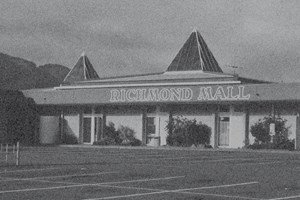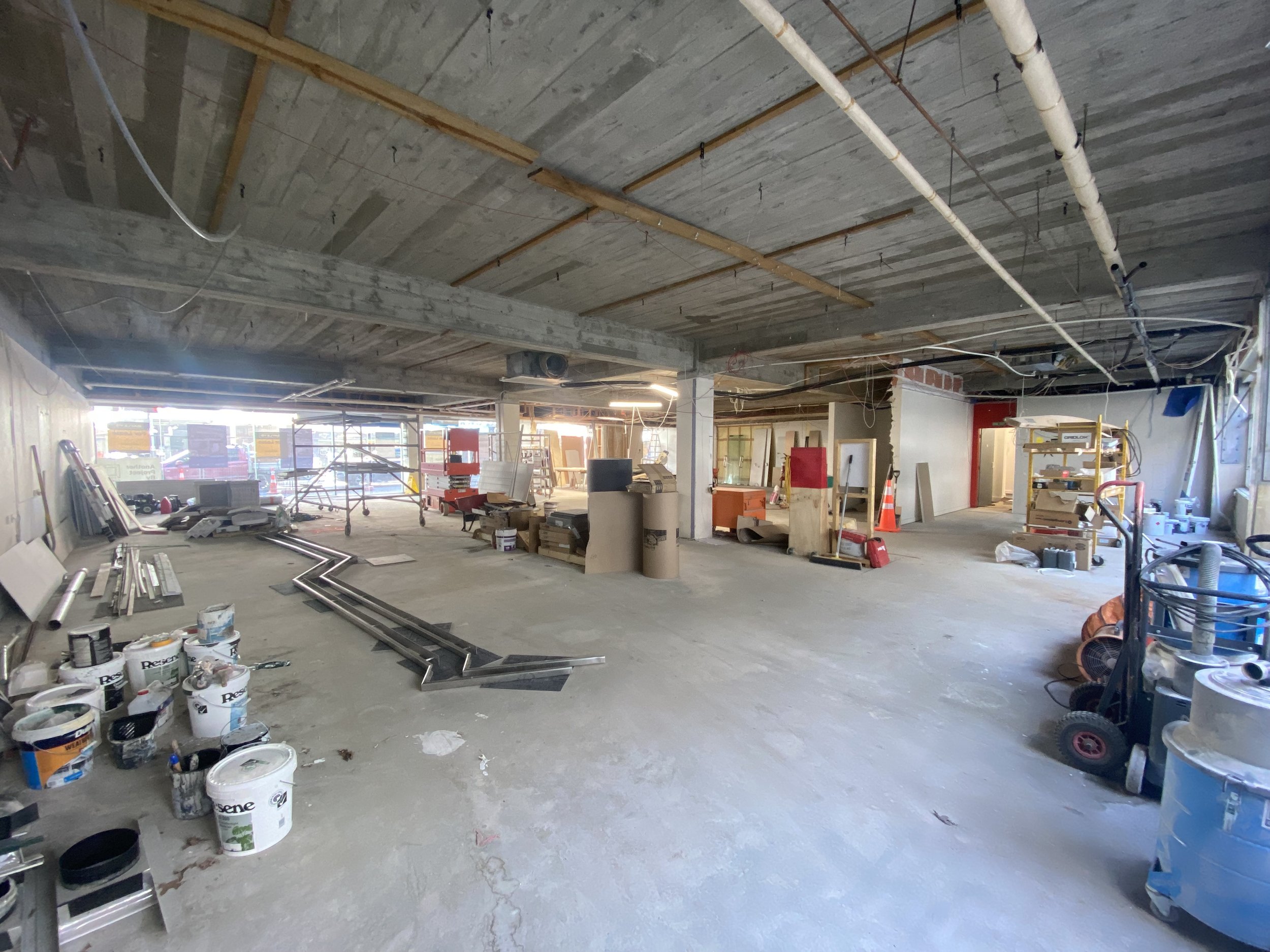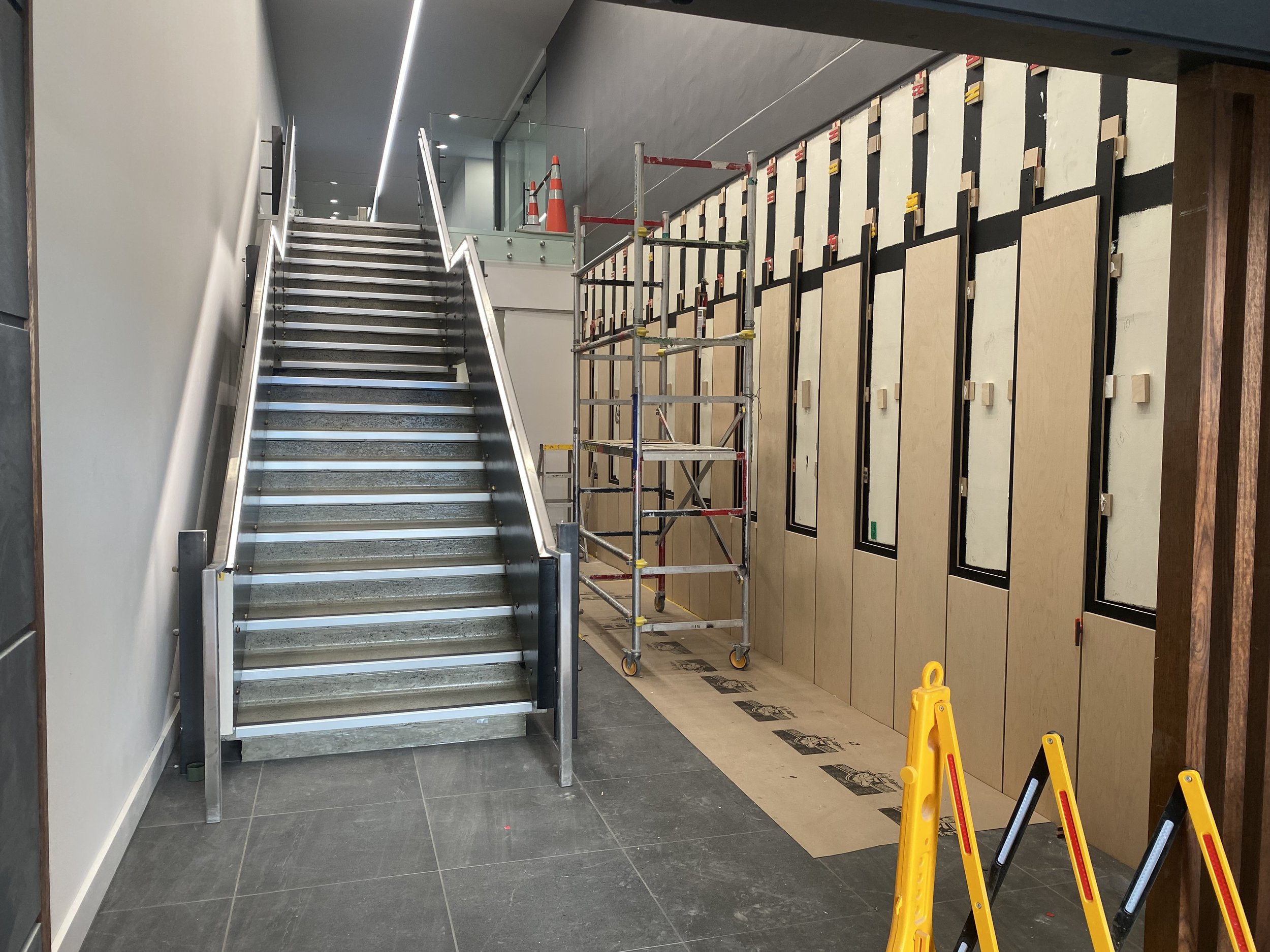History
Tinline Property has been built from the ground up through hard work, resilience and unwavering commitment to excellence.
We stand as a testament to the perseverance and pioneering potential of the entrepreneurial spirit.
THE BAIGENT JOURNEY BEGINS
In 1842, Edward Baigent stepped ashore as a new immigrant onto Wakefield Quay in Nelson. Over time, Edward (who made his living as a wheelwright, engineer, farmer, politician and philanthropist) became known as ‘The Father of Wakefield’. Edward was also one of the most successful sawmillers in the Nelson Tasman region and his company, H. Baigent and Sons, was a long-time family business. His industrious energy and pioneering spirit is still very much alive in Tinline today.
1842 – Edward Baigent arrives in New Zealand
1844 – Establishes a flourmill
1845 – Establishes sawmill and H. Baigent & Sons
1853 – Elected into the Nelson Provincial Council
1867 – Elected to the NZ Parliament
1869 - Opens first timber yard in Nelson
A NEW GENERATION
In the 1970s, Peter Baigent, a fourth-generation descendant of Edward, purchased land in the Tinline Valley, halfway between Nelson and Blenheim. The origin of the current company’s name, Tinline Valley was a cornerstone in the family's property portfolio – farmed for sheep, beef and wool.
1970s - Purchased 3,000 acre Tinline Valley property and proceeded to plant in pine
Early 80's - Sold Tinline Valley property fully planted
1982 - Family sold half of its interest in Baigent Forest Industries Ltd
A TRANSITION TO RETAIL
In the early 1980s, Peter’s son, Steve, along with siblings Chris and Maree, started to accumulate properties across New Zealand. In 1992, the purchase of Richmond Mall in Tasman marked the family’s transition to multi-tenant retail property ownership and management.
1982 - Purchases in Nelson and Auckland creating initial investment portfolio
1984 - Purchased new office building in Napier
1988 - Brought in to Irvines Freightlines
1988 - Purchased Southpark property in Christchurch
1992 - PurchaseD Richmond Mall, Nelson Tasman
STEADY GROWTH
It may have started as a small group of retail stores spread over five hectares, but developments over the years saw the mall become the largest and only fully covered shopping experience in the top of the South Island, attracting cornerstone retailers like Farmers, PAK’nSAVE and Stirling Sports, as well as unique local businesses.
1996 - PAK’nSAVE Richmond Mall opens
1997 - Village Mall (adjacent to Richmond Mall) purchased
1999 - Queen Street entrance opened
2002 - Richmond Mall Farmers opens
2004 - Webby Place purchased to expand car parking
2015 – RICHMOND MALL PAK’NSAVE EXTENSION
GOING SOUTH
In 2008, diversifying into another population base, Tinline purchased Barrington Mall in Christchurch, sitting in its own niche in the marketplace with 52 stores. The company owned and managed Barrington for 13 years.
2008 - pURCHASED bARRINGTON
2021 - SOLD BARRINGTON
GOING NORTH
In 2013, Tinline invested in the enormous potential of Papamoa, Tauranga’s fastest-growing suburb. The eastern reach of the ‘Golden Triangle’ of Auckland, Hamilton and Tauranga, Papamoa Plaza was a tremendous opportunity to add value to a growing community.
2013 – PALM BEACH PLAZA PURCHASED, RENAMED TO PAPAMOA PLAZA
2015 – PAPAMOA PLAZA PHASE 1 REFURBISHMENT
2016 – PAPAMOA PLAZA FOOD COURT EXTENSION
ONGOING INVESTMENT
Tinline continues to invest in its existing properties – such as the Richmond and Papamoa malls – and in new opportunities, including strategically located retail, commercial, office, industrial and medical properties.
2021 - purchased 47 - 55 Bridge Street, NELSON
2021 - purchaseD 31 - 35 bridge street, NELSON
2022 - purchaseD queen street properties, RICHMOND
2024 - Sold 31 - 35 Bridge Street, nelson





















